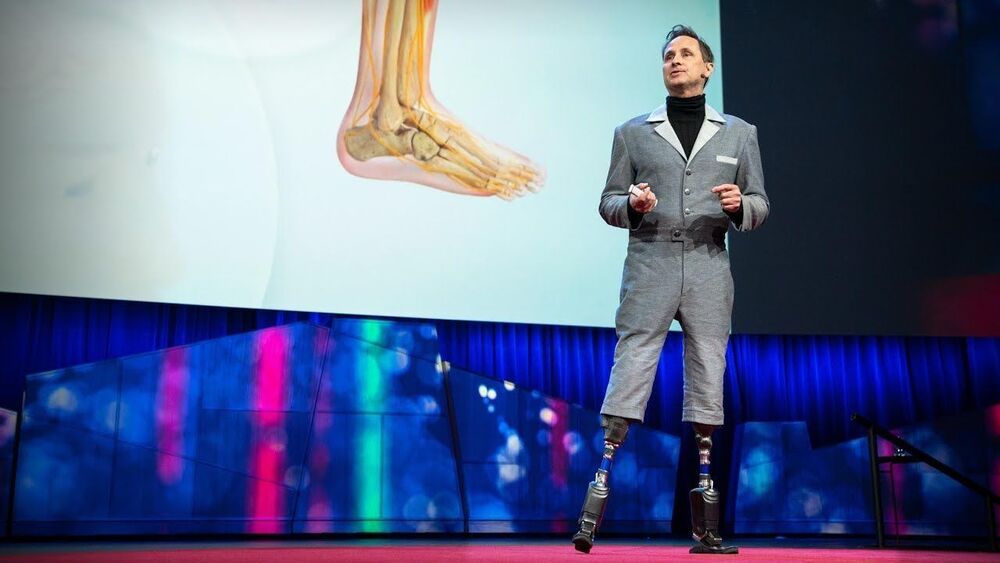But while science fiction provides military planners with a tantalizing glimpse of future weaponry, from exoskeletons to mind-machine interfaces, the genre is always about more than flashy new gadgets. It’s about anticipating the unforeseen ways in which these technologies could affect humans and society – and this extra context is often overlooked by the officials deciding which technologies to invest in for future conflicts.
Imagined worlds
Like my colleague David Seed, who has studied how fiction impacts on real-life threat assumptions about nuclear terrorism, I’m interested in how science fiction informs our sense of the future. This has given me the opportunity to work with members of the armed forces, using science fiction to query assumptions and generate novel visions of the future.
